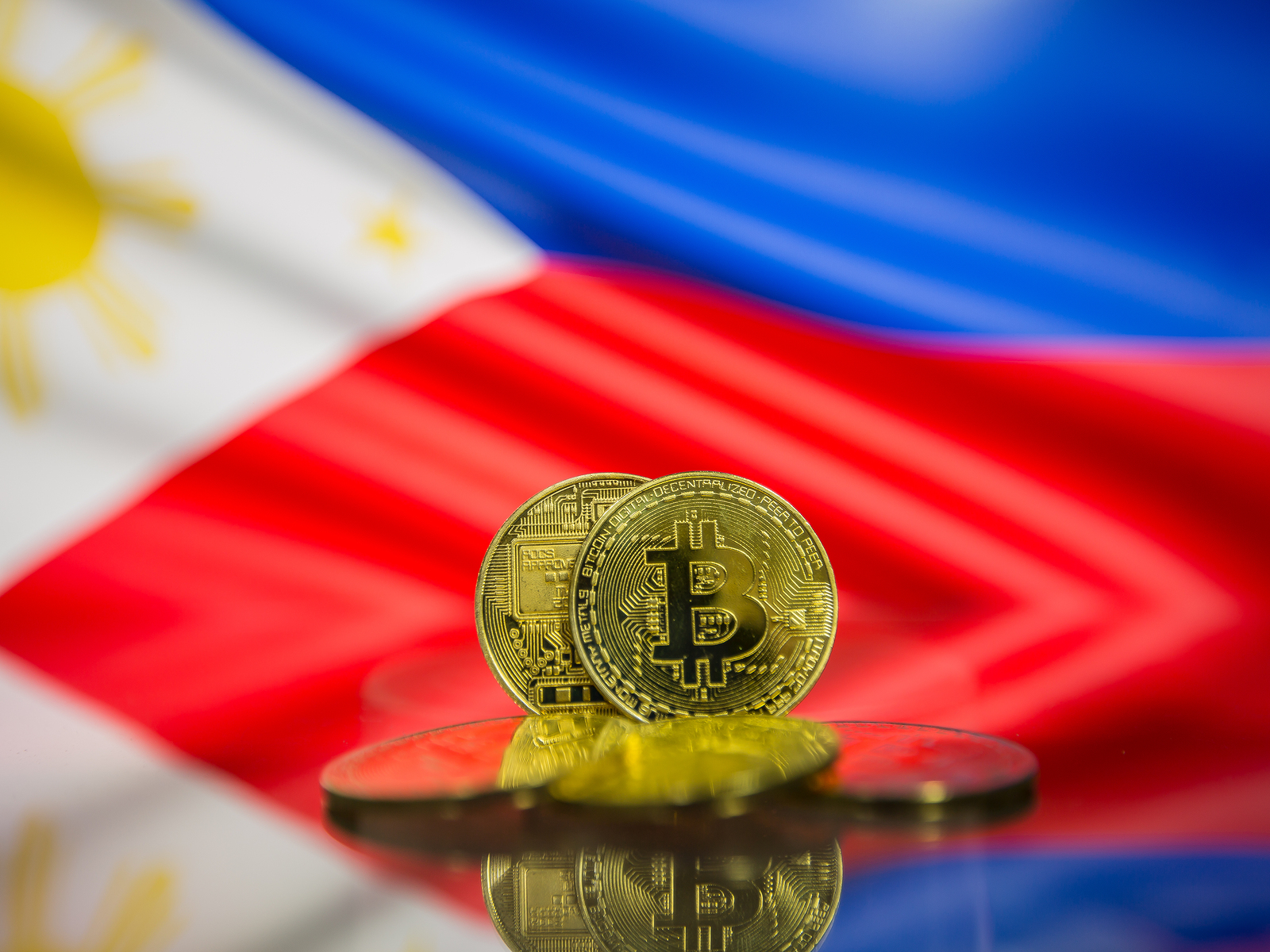
The Securities and Exchange Commission (SEC) of the Philippines has recently spotlighted the online trading platform eToro, declaring it unauthorized for securities sale or offerings within the nation. This advisory, issued in March and made public on April 4, marks a significant move by the financial watchdog to inform and protect Filipino investors against engaging with platforms that lack the requisite local authorization and registration.
The SEC’s Advisory Details
According to the SEC’s advisory, eToro has been facilitating Filipino users to invest and trade in unregistered investment products through its platform. This activity raises concerns as the firm is not registered as a corporation within the Philippines, nor does it possess the necessary licenses or authority mandated by the Securities Regulation Code. This code encompasses the sale of securities, operation as a broker-dealer, or the management of a securities trading exchange within the country.
eToro, founded in 2007, stands as a prominent multi-asset investment company, particularly favored by the millennial demographic. With a global user base exceeding 33 million registered accounts, according to Statista, and a valuation of $3.5 billion in 2023, the platform’s reach spans 140 countries. Despite this extensive international operation, the Philippine finance regulator’s advisory urges local investors to proceed with caution regarding unregistered online investment platforms and their representatives.
Consequences for Unauthorized Activities
The bulletin from the SEC also highlights severe penalties for those acting as salespeople, promoters, influencers, endorsers, or agents for eToro within the Philippines, including fines up to $88,300 (5 million Philippines pesos) or imprisonment for up to 21 years. This is due to the potential violation of securities laws, emphasizing the seriousness with which the regulator views the unauthorized sale or offer of securities.
While eToro’s company website lists the Philippines as a supported country, the recent advisory casts a shadow on its operations within the nation. Despite outreach, eToro’s response to these allegations remains pending, leaving a gap in understanding the company’s stance or intended actions following the SEC’s advisory.
Broader Regulatory Actions
This development with eToro is part of a broader regulatory scrutiny within the Philippines, evident from similar advisories and actions against other major platforms such as Binance in November 2023. The Philippine National Telecommunications Commission (NTC) also began blocking websites of crypto companies operating without the necessary licenses in March, with the SEC directing the national internet provider to restrict access to Binance’s website later that month. These moves reflect the Philippine government’s increasing vigilance and proactive measures to safeguard Filipino investors’ interests in the evolving digital finance landscape.
- eToro is not authorized for selling or offering securities in the Philippines.
- Filipinos are advised to exercise caution with unregistered online investment platforms.
- Acting as an agent or promoter for eToro could lead to significant penalties.
The table below provides a snapshot of the regulatory actions taken by the Philippine SEC against major online platforms:
| Platform | Advisory Date | Allegations | Potential Penalties |
|---|---|---|---|
| eToro | March 2023 | Offering unregistered securities | Up to $88,300 in fines or 21 years in jail |
| Binance | November 2023 | Unauthorized securities offerings | N/A |
The SEC’s advisory against eToro underscores a growing trend of regulatory oversight in the Philippines, aimed at protecting investors from potential risks associated with unregistered and unauthorized financial activities. As the digital investment landscape continues to evolve, such regulatory interventions are crucial for ensuring that the interests of the investing public are safeguarded. Investors, now more than ever, need to be vigilant and conduct due diligence before engaging with online investment platforms, especially those operating on a global scale like eToro and Binance. The situation also highlights the importance of regulatory compliance for fintech companies aiming to operate in different jurisdictions.
Featured image credit: Crystal Mapes via Unsplash
